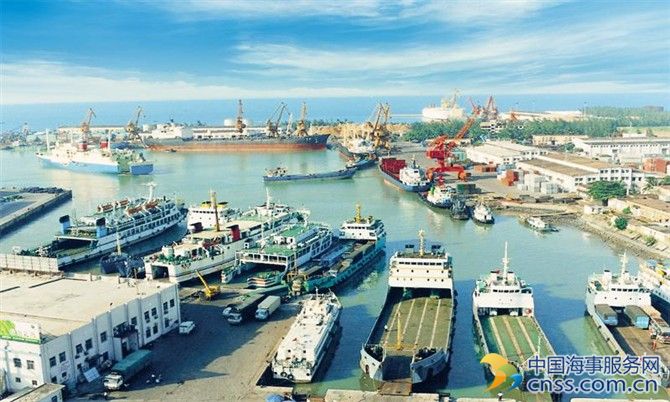Impact of Hanjin Administration Likely to be Extensive, Says Marsh

Shipping company Hanjin recently announced it was entering administration, following financial difficulties. As part of a shipping industry that is becoming increasingly interdependent, the company’s issues are likely to have an impact on ports and terminals, crews, other shipping companies, transport companies, and beyond, according to a report released by Marsh.
“From what has already been detailed, it is clear that end users of goods or components could suffer delay or a loss of supplies,” notes the report. “We expect that the wider ramifications of such an important company failure are only beginning to unfold.”
Hanjin Shipping of South Korea is the world’s seventh largest containership operator, operating 98 containerships and several other types of ships.
The company had been struggling financially for some time, building up debts of reportedly more than US$4 billion. On 30 August, a restructuring finance deal fell through and the company went into administration, creating issues for the CKYHE alliance, existing between Cosco, “K” Line, Yang Ming, Evergreen, and Hanjin Shipping.
The alliance partners of Hanjin have announced that they will no longer ship their goods on Hanjin vessels and would not carry Hanjin containers on their own vessels.
Within a day of the announcement, ports began to refuse to allow Hanjin vessels entry into their ports, for fear of not being paid port fees.
Exposed to financial risks
The owners of the goods have consequently been exposed to financial risks following the failure of the ship operator, as contractually agreed delivery dates would be missed, goods would need to be stored, and extra expenses incurred as alternative routes for delivery would need to be arranged.
“The time of year also presents additional challenges, as August to October is generally the busiest time of the year for the shipping industry, as companies stock up for the holiday season,” says the Marsh report.
Marsh advises potential buyers (or consignees) to exercise considerable care when being offered goods that are already on ships (commonly under CIF type of contacts), as they may, unwittingly, be buying into this problem, if those goods are actually being carried on Hanjin-operated vessels.
“Before purchasing such goods, careful examination of the bill of lading (BoL) is strongly advised to see who the carrier is, in addition
to scrutiny of the terms of the insurance that is offered to cover the goods on the vessel under such CIF contracts, by the seller,” says the report.
Source: CFC Innovation
HEADLINES
- Do shipping markets want Biden or Trump for the win?
- All 18 crew safe after fire on Japanese-owned tanker off Singapore
- Singapore launching $44m co-investment initiative for maritime tech start-ups
- Cosco debuts Global Shipping Industry Chain Cooperation Initiative
- US warns of more shipping sanctions
- China continues seaport consolidation as Dalian offer goes unconditional